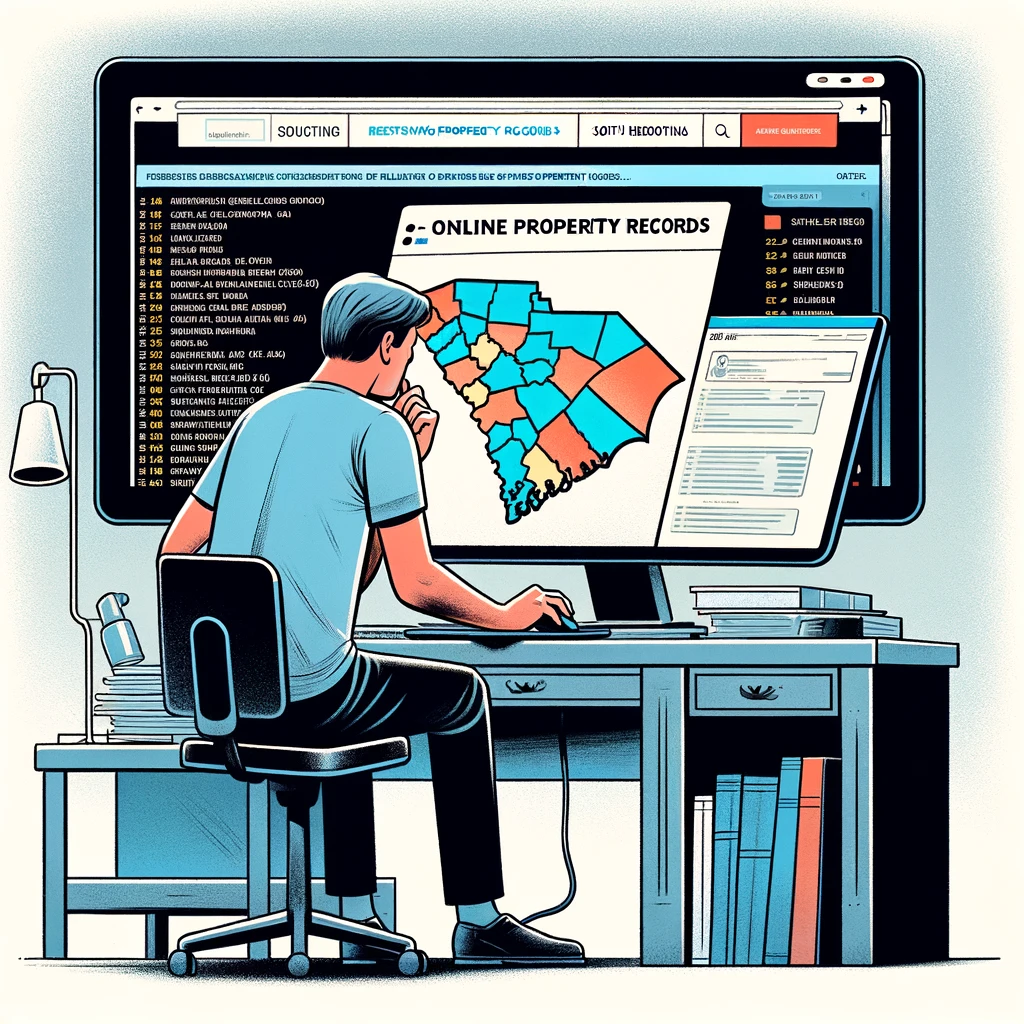
Revolutionizing industries, technology has become an integral part of our day-to-day lives. It has changed the way we eat, shop, communicate, and even the way we buy and sell property. In the real estate market, technology is shaping the future, creating new trends, and presenting a myriad of unprecedented opportunities. The purpose of this blog post is to unveil the innovative future of real estate technology and explore how it’s revolutionizing the property game.
The real estate industry is one that is traditionally thought of as slow to adopt new technologies. However, today’s property market is a different beast entirely, as it is being heavily influenced by advancements in technology. These tech-driven changes have not only transformed the way real estate transactions are conducted but have also created new avenues for investment and profit.
One of the most significant trends in the real estate market is the rise of proptech, a term used to describe any technology for the real estate space. This includes software (like CRM, property management), hardware (sensors, monitors), materials (smart building materials), online platforms (like MLS, real estate portals), and fintech. According to a report by MetaProp NYC, venture investors deployed over $12 billion in proptech globally in the first half of 2019 alone.
Another trend shaping the future of real estate is the increasing use of Big Data. In an industry where information is power, the ability to analyze large volumes of data quickly and accurately can give investors and real estate professionals a significant advantage. Companies are now using Big Data to predict market trends, understand customer behaviors, and make more informed investment decisions. For instance, Zillow’s Zestimate tool uses machine learning algorithms to analyze millions of home sales and listings to provide an estimated home value.
Technology
Artificial Intelligence (AI) and Machine Learning (ML) are also making significant inroads in the real estate sector. These technologies are being used to automate routine tasks, analyze data, and even interact with customers. Chatbots, for example, are being used to answer customer queries, schedule viewings, and provide information on listings 24/7. On the other hand, ML algorithms are being used to predict property prices, identify investment opportunities, and detect fraud.
Virtual Reality (VR) and Augmented Reality (AR) are revolutionizing the way properties are marketed and viewed. Prospective buyers can now take virtual tours of properties from the comfort of their own home, saving both time and money. On the other hand, AR apps allow users to visualize how a property would look after renovations or redecorations. These technologies not only provide a more immersive experience but also help realtors to reach a broader market.
Blockchain technology is another game-changer in the real estate market. It offers a secure, transparent, and efficient way of conducting real estate transactions. It can significantly reduce the need for paper documentation and intermediaries, making the process faster and less prone to fraud. Companies like Propy are already using blockchain to facilitate cross-border real estate transactions.
While these technologies are revolutionizing the property game, they also present a host of new opportunities for investment. For instance, investing in proptech startups can provide high returns as these companies continue to disrupt the market. Similarly, investing in smart buildings and sustainable properties can provide long-term profits as the demand for energy-efficient and tech-enabled homes continues to rise.
In conclusion, the future of the real estate market is undeniably tech-driven. From proptech and Big Data to AI, VR, and blockchain, technology is not only transforming how we buy and sell property but also creating new opportunities for profit. As these trends continue to evolve, real estate professionals and investors who adapt and embrace these changes will undoubtedly be at the forefront of this exciting revolution.

